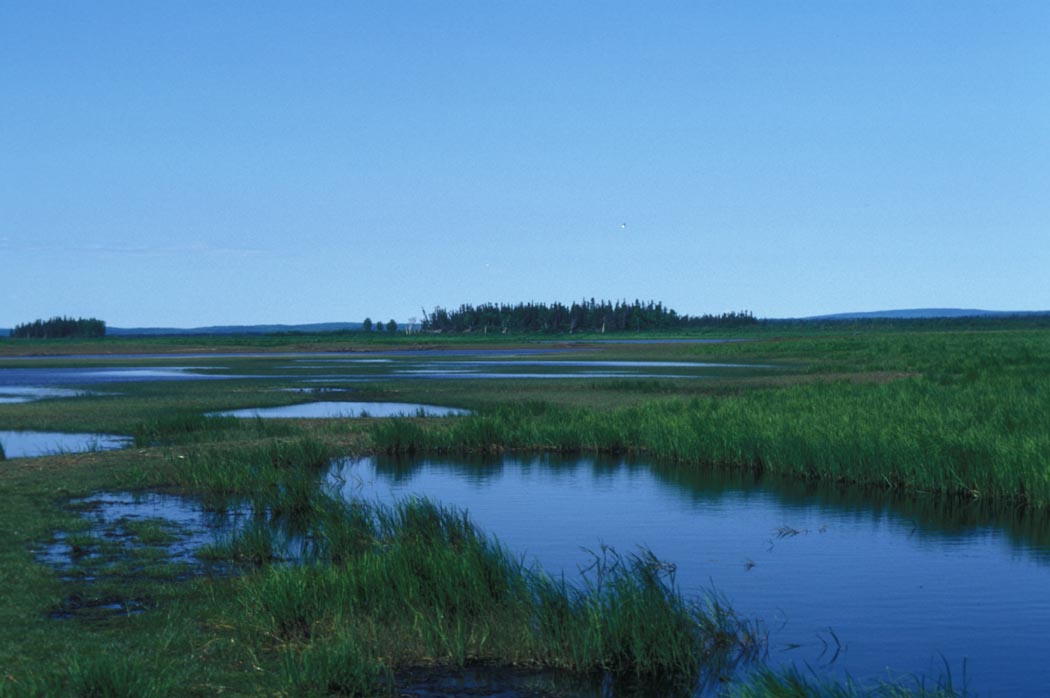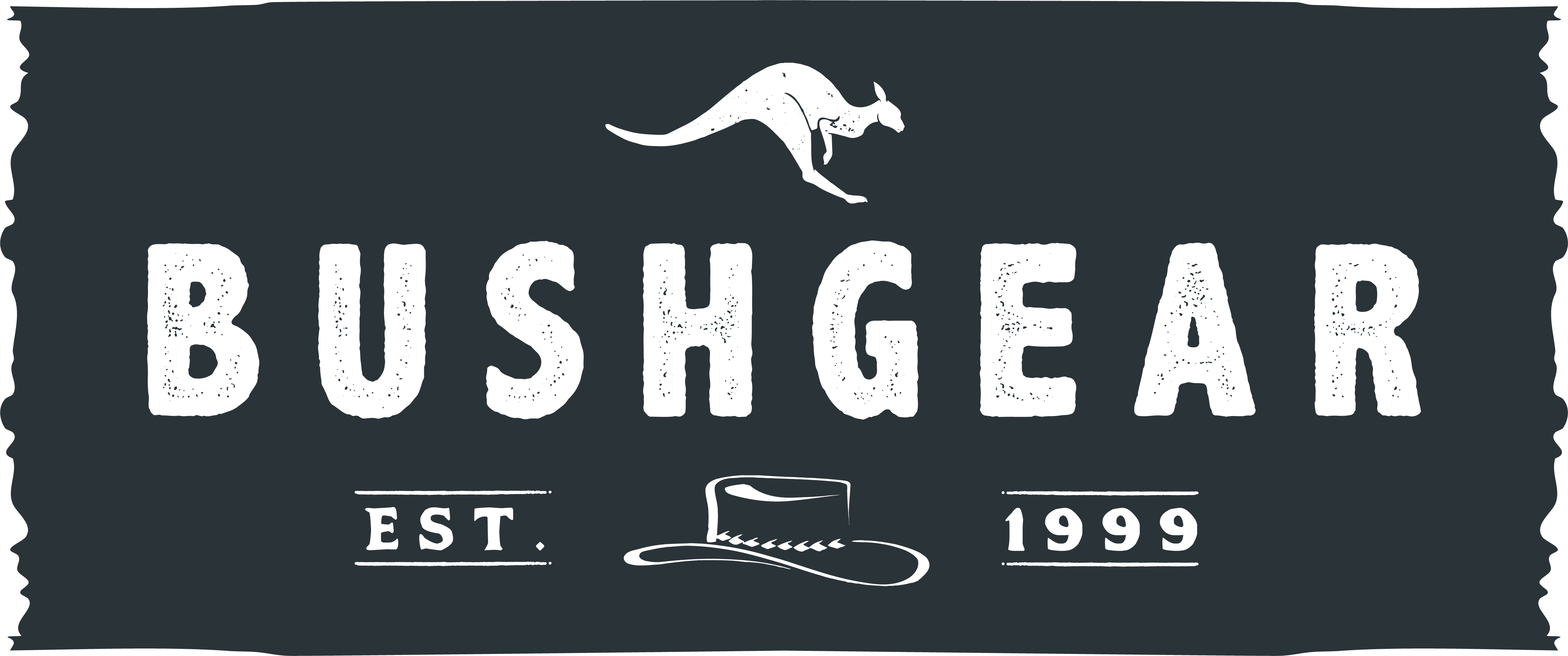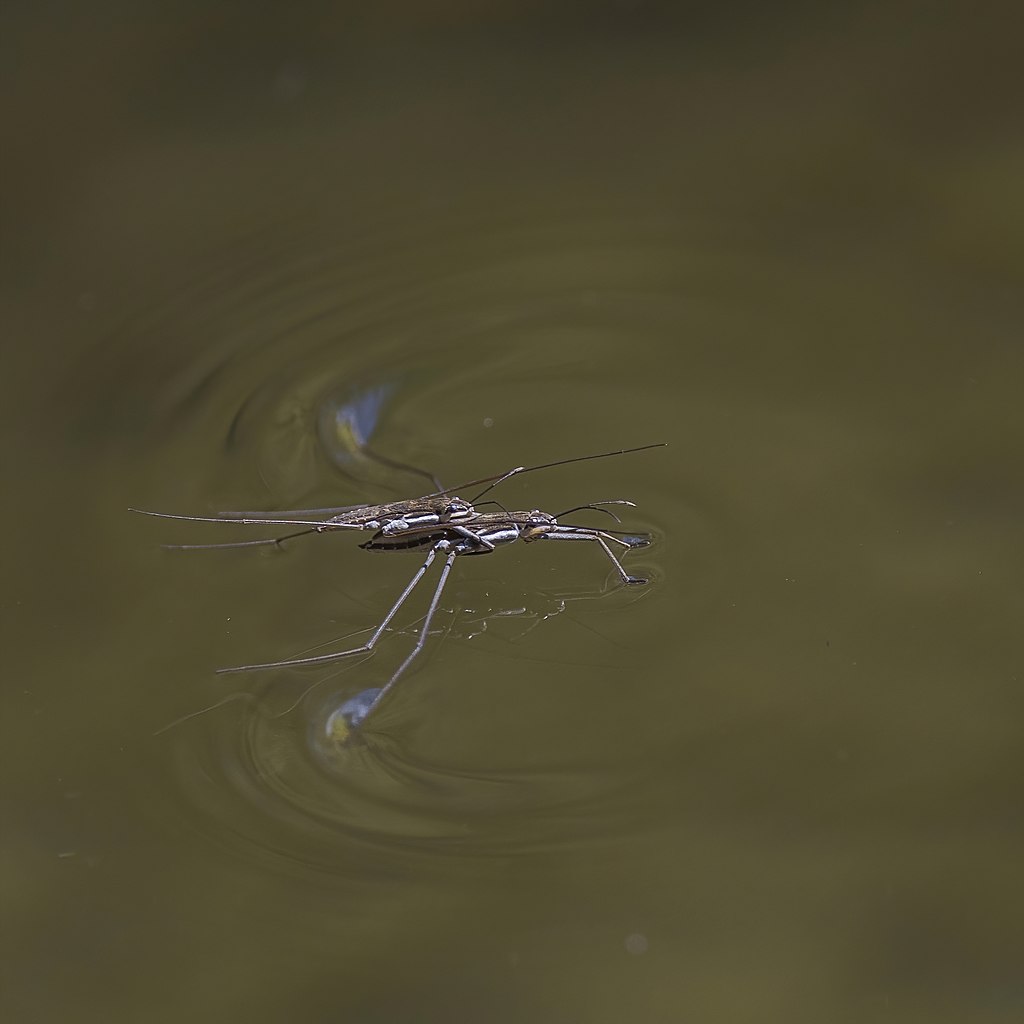
Ten Basics Of WIlderness Survival
For any wilderness explorer, there are 10 basics of survival to master!
1) Water - The body can only survive a few hours to a few days without water, depending on conditions, temperature, levels of hydration etc. Make sure you know how to find and treat water.
2) Fire - Probably the most useful tool to the wilderness adventurer. Provides warmth, heat, light and a means to cook food, boil water and make tools. Always carry at least two sources of ignition. Carrying spare tinder can make life a lot easier.
3) Shelter - Get out of the elements, maintain body temperature and preserve calories. Remember, good clothing should be your first line of defence against the elements. Using a tent, hammock or tarp is recommended. For cold alpine or moorland conditions, a Bothy bag or Jerven bag is recommended, for emergency use.
4) Food - Keep energy levels up by hunting and gathering. Not so important in short term survival scenarios, although finding food can be a great boost to moral, regardless of term. You may wish to carry a small hunting/fishing kit.
5) Tools - Tools are a natural part of bush craft. A basic tool kit for the woods, should consist of the following items, at least: knife, saw, axe, fire steel, lighter, metal water pot, flashlight and spare batteries, map and compass, signal mirror, whistle, cordage, ration heater / cooker, water filter and purification tabs.
6) First aid - A small first aid kit should be included in any wilderness kit. You are most likely to sustain injuries whilst wielding tools or maintaining your fire, so burn gel, disinfectant, bandages, plasters, steri-strips, eye wash and pain killers are all recommended. For longer jaunts in the wild, you may want to included a course of general antibiotics such as amoxicillin (available from your doctor). Some first aid training would also be a good idea.
7) Information - Your brain is the most powerful tool for survival. Keep it well fed and maintained. Proteins, sugars, fats, vitamins, minerals, carbohydrates and water are vital to optimal brain performance. Make the right decision.
8) Navigation - Knowing how to interpret terrain, in relation to a map is vital. Knowledge of navigation, using celestial bodies is also very useful. Particularly when you don't have a map and compass or GPS to rely on.

9) Keeping others informed - Let others know where you are going and how long you intend to be there. If anything goes wrong, at least someone will know you are "missing" and they can alert the relevant authorities. Stay in touch via mobile phone or GPS phone (make sure they are charged or you have the ability to charge). For deep wilderness, consider a GPS personal beacon.
10) Positive frame of mind - This is an often overlooked factor in survival. Sitting around feeling sorry for one's self will not achieve anything. Get up and get going!
Good luck!
The Bushgear Team
(Photo By Danielle Jerry, USFWS - US Fish & Wildlife Service - http://images.fws.gov/default.cfm?fuseaction=records.display&CFID=3095370&CFTOKEN=25950785&id=B4F82A5D%2D65B8%2DD693%2D745BA41DA8F4942B, Public Domain, https://commons.wikimedia.org/w/index.php?curid=3525015)
Good luck!


